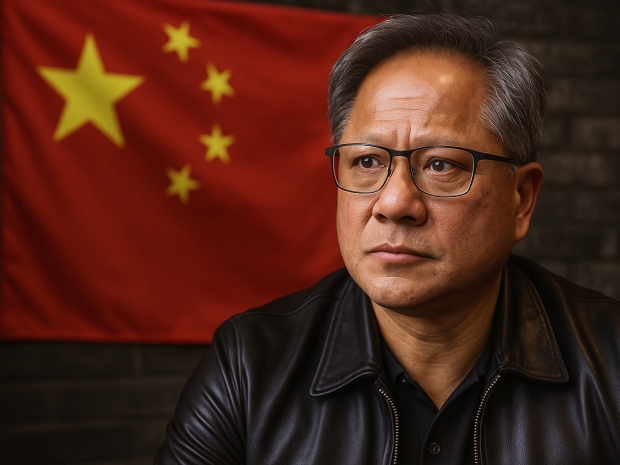The Financial Times examined sales contracts, company filings and insider accounts, revealing that Nvidia’s B200 processor is now the most sought-after item in a thriving Chinese black market. The chip, used by US firms such as OpenAI, Google and Meta to train advanced AI models, is officially banned for sale in China but is widely available.
By May, Chinese distributors were selling B200s to data centre suppliers working with local AI companies, shortly after Trump’s administration blocked sales of the weaker H20 chip that Joe Biden’s team had tailored to comply with earlier restrictions.
It is legal to buy and resell the restricted chips inside China if the correct tariffs are paid. Shipping or selling them into the country from abroad violates US regulations. While the US government attempts to limit supply, middlemen in Guangdong, Zhejiang and Anhui provinces have stepped in to meet demand.
Contracts reviewed by the Financial Times show more than $1 billion in sales of restricted Nvidia chips, including the B200, H100 and H200. One key operator is Gate of the Era, a Shanghai-linked company founded in February, just before Trump’s latest export crackdown.
Gate of the Era sources racks preloaded with eight B200s, software and components ready for immediate data centre deployment. Each rack, about the size of a large suitcase and weighing roughly 150kg, currently sells for between RMB 3 million and RMB 3.5 million (€385,000 to €450,000). This is about 50 per cent more expensive than similar equipment in the US, but prices have dropped from RMB 4 million when the racks first appeared in China.
Since mid-May, Gate of the Era has handled at least two large shipments, each containing a few hundred racks, sold either directly or through secondary distributors, generating around $400 million in sales.
The company is fully owned by Shanghai-based China Century, which claims to have links to Silicon Valley and a supply chain hub in Singapore. It promotes a vision of “the new century of a smart China.”
Its website previously listed AliCloud, ByteDance’s Huoshan Cloud and Baidu Cloud as partners. After the Financial Times requested comment, Huoshan Cloud’s logo disappeared. Huoshan denied involvement in Nvidia chip procurement. Baidu and AliCloud did not respond.
Financial Times reporters visited Gate of the Era’s registered offices. At its new headquarters in a government-run cryptography industrial park, no staff had moved in. At its previous address, a real estate firm with no connection to Gate of the Era occupied the space.
Industry sources told the Financial Times the racks were originally built by US-based Supermicro, which supplies data centre equipment globally. There is no evidence that Supermicro was involved in or aware of the black-market diversion. The company said it “complies with all US export control requirements.”
Nvidia maintains there is “no evidence of any AI chip diversion.” It told the paper, “Trying to cobble together data centres from smuggled products is a losing proposition, technically and economically. Data centres require service and support, which we provide only to authorised Nvidia products.”
Chinese data centre operators see the situation differently with one saying: “Export controls will not prevent the most advanced Nvidia products from entering China, What it creates is just inefficiency and huge profits for the risk-taking middle men.”
Last week, Nvidia chief Jensen Huang said the Trump administration had decided to allow sales of the H20 chip to China again, after months of unofficial workarounds made the ban ineffective.




